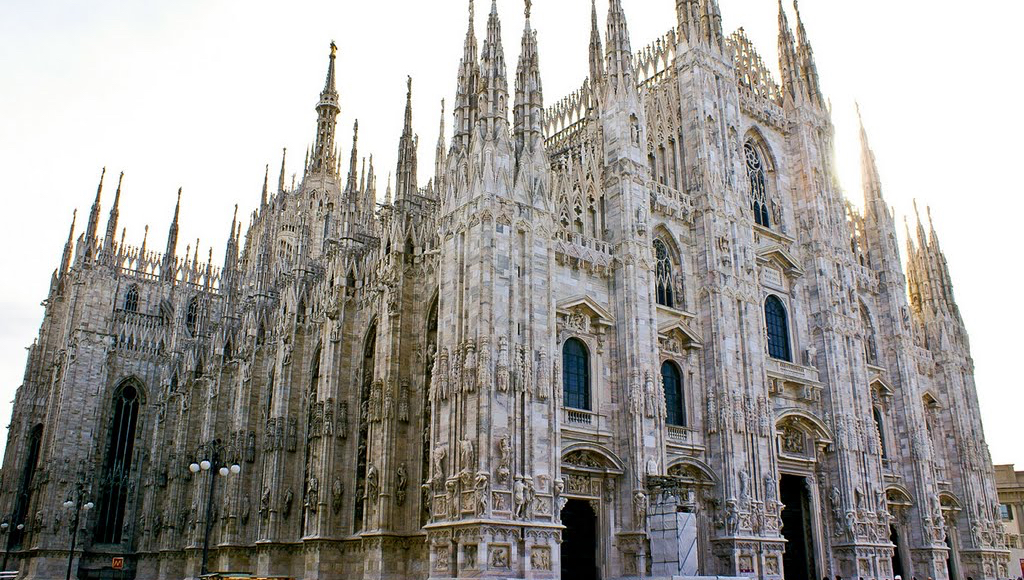In 1923 an important business meeting was held in Chicago, and among those attending were nine of the world’s most successful money-makers: the presidents of the largest independent steel company, utility company, and gas company; the greatest wheat speculator; the president of the New York Stock Exchange; a member of the President’s cabinet; the greatest investor on Wall Street; the head of the world’s greatest monopoly; and the president of the Bank of International Settlements. These were very wealthy, powerful, and successful men—but all of them came to an unfortunate end. Three of them eventually committed suicide. Three died penniless—one here in the United States, and the other two overseas, far from their homes. One went insane, another served a long prison sentence, and the last was released from prison during a terminal illness so he could die at home (Msgr. Arthur Tonne, Five-Minute Homilies, p. 154).
Money is often equated with happiness, but many times the opposite is true, especially when greed is involved. Greed, which is the opposite of generosity and openness, leads to spiritual, and sometimes even physical, self-destruction. The only way to avoid this danger is to think not only of ourselves, but also of others.
It is not only foolish, but also dangerous, to place wealth at the center of our lives. In the passage from the Book of Ecclesiastes (1:2; 2:21-23), Qoheleth—which is a title for the author—says, “Vanity of vanities, all things are vanity!” and then goes on to give an example. It’s an utter waste of time, he says, to spend one’s life laboring to build up a fortune, being too busy working and worrying to enjoy life; in the end it’s all for nothing anyhow—for money and possessions become worthless to their owner at the moment of death.
We’ve all heard the expression “You can’t take it with you.” This applies to material things, but not to spiritual ones; certain attitudes, values, and priorities can help us successfully prepare for eternity. That’s why St. Paul, in his Letter to the Colossians (3:1-5, 9-11) tells us to “think of what is above, not of what is on earth.” Faith, kindness, generosity, commitment, honor, compassion, and love all give meaning to life here on earth—and these noble things also accompany us when we enter the life to come.
It’s not enough, however, just to avoid a negative or sinful way of life; we must freely and actively choose a holy and positive one. The rich man in Jesus’ parable (Luke 12:13-21) didn’t obtain his wealth dishonestly; he hadn’t cheated, stolen, or defrauded anyone—but even so, God called him a fool. His fault was a failure to think of others and of how he might share his blessings with them. The man was law-abiding, but that wasn’t enough; he didn’t try to free himself from his greed, and so he ended up losing everything.
Some years ago there was an interesting board game called “Can’t Stop,” which involved rolling dice and moving plastic pieces on the board. Players could end their turn whenever they wanted, but if they kept on going and rolled a combination of dice that prevented them from moving, they would lose all the progress they made and go back down to the beginning of the board. The game was a contest of prudence or caution versus ambition and greed, and it was accurately named: for when the dice were rolling in your favor, it was hard to stop. It was always a question of how far players wanted to press their luck, especially when they saw another player getting ahead of them. I think this game is a good symbol of the temptations we face in life, and of the dangers about which the Gospel warns us. If we keep on trying to obtain more and more, thinking only of ourselves, and striving to come out ahead of everyone else, we risk losing it all. We have to learn to stop—that is, to stop thinking only of ourselves, and to begin asking what God wants us to do with our talents, gifts, and blessings.
Do we give too much emphasis to material things, to money and to our possessions? Do we have a strong desire for popularity, status, or importance? If so, it might be good to take an inventory of our lives, asking ourselves which things we could afford to lose if we had to, and which are absolutely essential to our happiness and well-being. If we’re honest, I think we’d realize that we could somehow recover from the loss of all our material possessions; it would be hard, but life would go on. What we couldn’t afford to lose would be our faith, our self-respect, and the love we share with the people who are important to us. In other words, our relationships with God and other people are, or should be, central; they are the measure of whether or not we’re truly wealthy and successful in life. Material things can easily get in the way of this true form of happiness, and if we’re not careful, greed can make us always want even more than we already have, while blinding us to what’s truly matters.
There are some precautions we can take against letting ourselves become spiritually poisoned by greed. For one thing, we can make a point of helping those less fortunate than ourselves. If we’re using our hands to reach out to others in need, we’re less like to cling to our possessions or grasp after things that can take us away from God. We can be generous by giving money to charity, by doing favors for others, and by supporting our parish with our time, our involvement, and our contributions. It’s also important to be grateful for everything God has given us. Maybe we’re not millionaires, but compared to most people in the world, we’re richly blessed. We must realize this, and act accordingly. Lastly, we must always try to place God’s will first, praying for His guidance and living by His teachings and commandments. The Lord doesn’t begrudge us our pleasures and popularity, but He does want us have our priorities in order.
It’s all right to enjoy life—if we’re also trying to live as God asks. These are all ways of guarding against the deadly sin of greed—and greed can be a real and ever-present danger in a materialistic society like ours. Rather than risking the loss of everything that truly matters, including our immortal souls, we must strive to be open toward God and generous toward others—for this is how we obtain true treasures that last forever.








